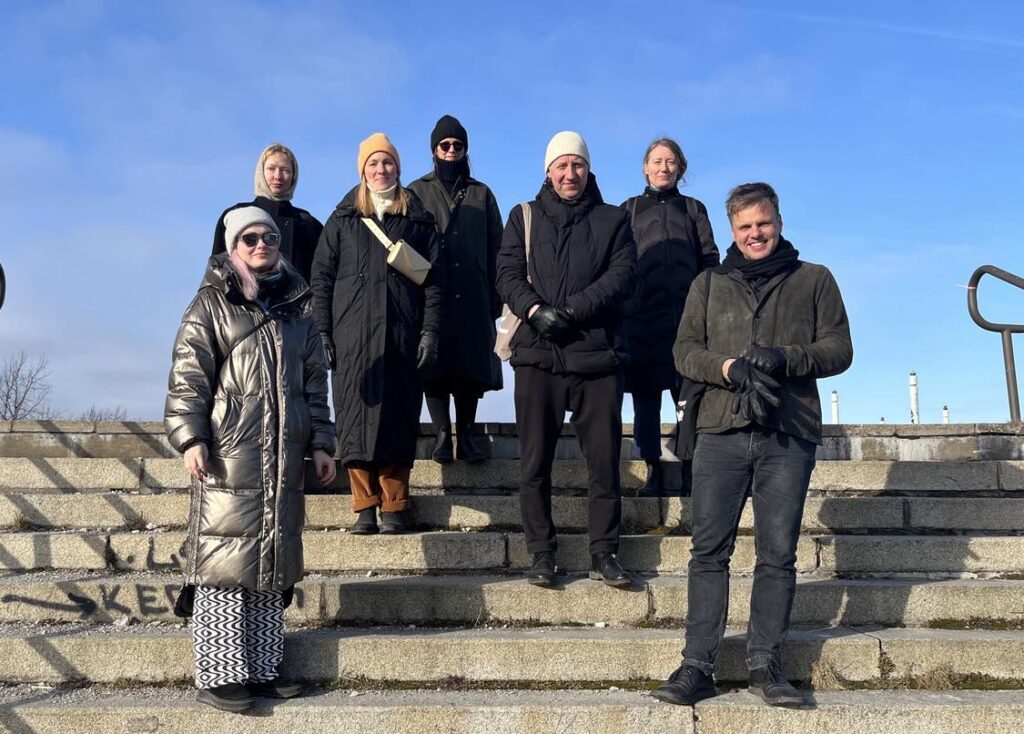In 2023, four art institutions around the Baltic Sea came together to activate a dialogue and explore different ways of approaching climate change beyond the conventional image. The project establishes a network between Kai Art Center in Tallinn, Färgfabriken in Stockholm, CCA in Vilnius and Kim? Contemporary Art Center in Riga. The garden as a concept serves as a common vantage point for the discussions. What happens if we view gardens as ecosystems with their own agency, beyond the human gaze?
The way we give meaning to our environment often seems obvious, but we tend not to take in consideration the tacit assumptions and discourses that shape our understanding of the world. The garden, as an example, might appear to us mainly as a space producing pleasure for us humans. But the garden could also act as a living metaphor for symbiotic growth and coexistence. A garden displays and communicates how one organism cannot exist without affecting another. Having a garden requires taking care not only of what serves our own needs, but of the whole fragile ecosystem and the different beings that maintain the balance in the space. Yet, gardens have often been treated as a mere form of decoration, and a symbol of human power dominance over nature. Isn’t that rather identical to the human relationship with the environment? What purposes do gardens serve and what identity do they hold beyond human needs, considering the climate crisis? The relation between humans and gardens has been an ancient, evolutionary, and synergetic one, from which we can draw a lot of knowledge.
This Nordic-Baltic network explores curatorial and other approaches available to art institutions in the context of climate change, pollution, and threats towards biodiversity, as well as what the necessary transitions might mean for us as public spaces or for art and society at large. We believe that curated spaces can play a key role for developing insights, awareness and know-how that extends beyond the conventional mediatizations of climate change.
_______________________
This network has received project support from The Nordic Culture point.
The purpose of the project is to create and establish a network of art institutions around the Baltic Sea, for sharing experiences and producing new knowledge on the concept of garden and curatorial methods in times of climate change. The network aims to utilize the art sector’s leadership to advance awareness of the means to combat climate crisis, build stronger democratic institutions and tackle other sustainability goals.

